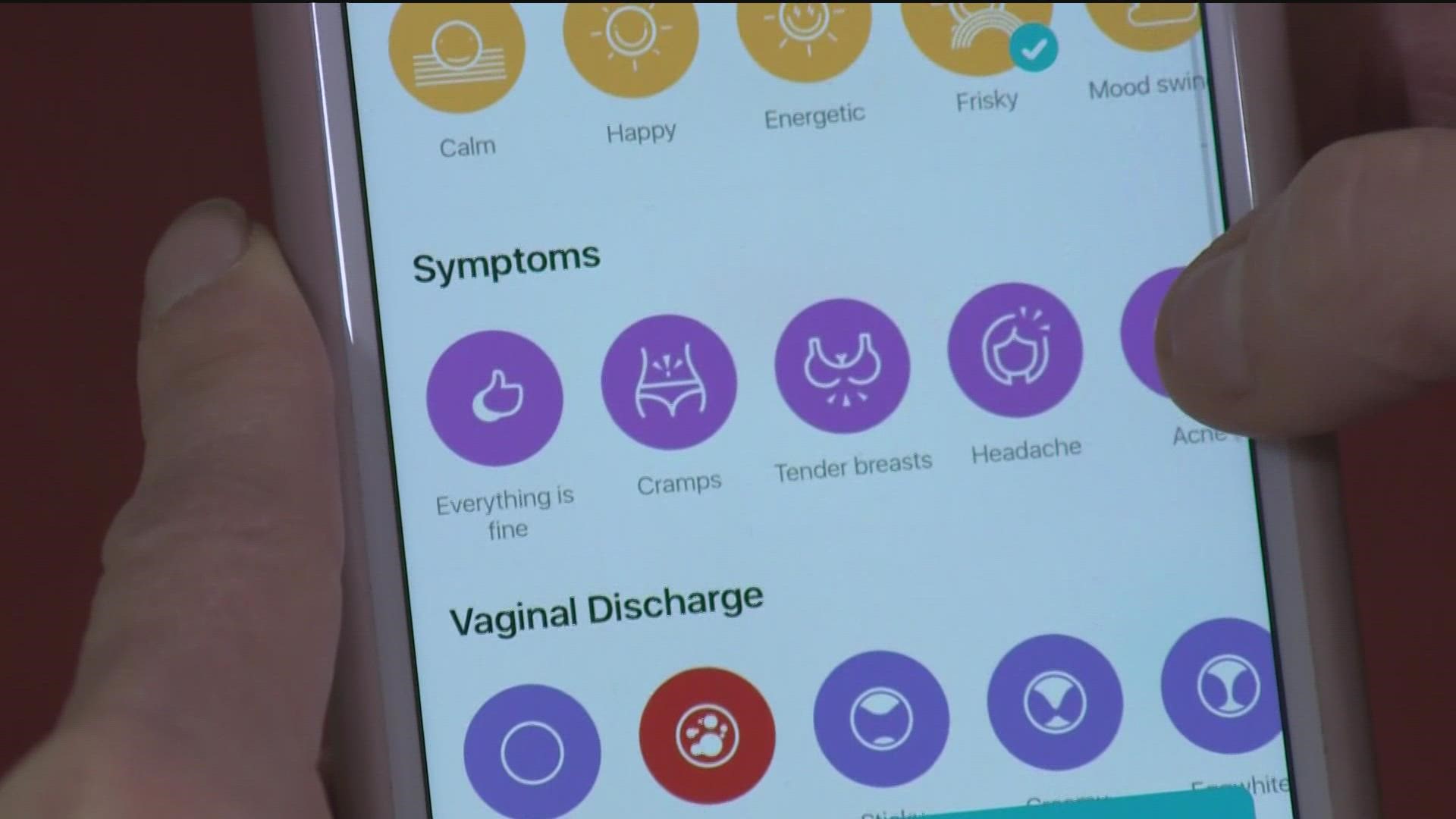SAN DIEGO — Two San Diego County Supervisors are calling on the county to join the effort to pass federal protections for data related to reproductive health.
Congresswoman Sara Jacobs introduced the bill titled, My Body My Data last month. Jacobs said your reproductive health information can be sold to the highest bidder, turned over to the government and weaponized against you. Jacobs said it’s got to stop.
San Diego County Supervisor Nora Vargas and Supervisor Terra Lawson Remer say they strongly support the national effort and they’ll enforce it in San Diego. Right now, very personal reproductive health information could get you sued or even arrested.
Vargas points out, “This is very gender specific, right? This is very specific to women and what it means to them.”
Millions of women use apps to track their monthly cycles and fertility, entering very sensitive, personal health information.
“It's such a powerful tool, individually. And now this tool can be weaponized against you,” said Vargas.
According to Vargas and Lawson-Remer, now that abortion is not federally protected, Google searches or using apps about your reproductive health could land you in trouble.
"Right now, unfortunately, that data is owned by companies and they can sell it, they can share it, there's no constraints,” said Lawson-Remer.
Just last week, a woman in Nebraska was charged with helping her teenage daughter have an illegal abortion after detectives saw their Facebook messages.
“We have time and again reiterated how important the right to privacy here is in San Diego County," Lawson-Remer said.
That’s why the two supervisors are calling on the Board of Supervisors to support the My Body, My Data Act and help it get passed nationally.
“What we are going to be doing is ensuring that information cannot be sold and cannot be used to prosecute individuals who are just living their lives," added Lawson-Remer.
My Body, My Data Act
Limit the personal reproductive and sexual health data that can be collected, retained, used, or disclosed to only what is needed to deliver a product or service.
Protect personal data collected by entities not currently covered under HIPAA, including data collected by apps, cell phones, and search engines.
Require regulated entities to develop and share a privacy policy outlining how they collect, retain, use, and disclose personal reproductive health information.
Direct the Federal Trade Commission (FTC) to enforce the law and to develop rules to implement the statute.
Create a private right of action to allow individuals to hold regulated entities accountable for violations.
Provide additional consumer protections, including the right of an individual to access or delete their personal data if they choose to.
Include a non-preemption clause that allows states to provide further protection for reproductive and sexual health privacy
WATCH RELATED: California doesn't track abortion data but expects an influx of out-of-state patients (June 2022).

